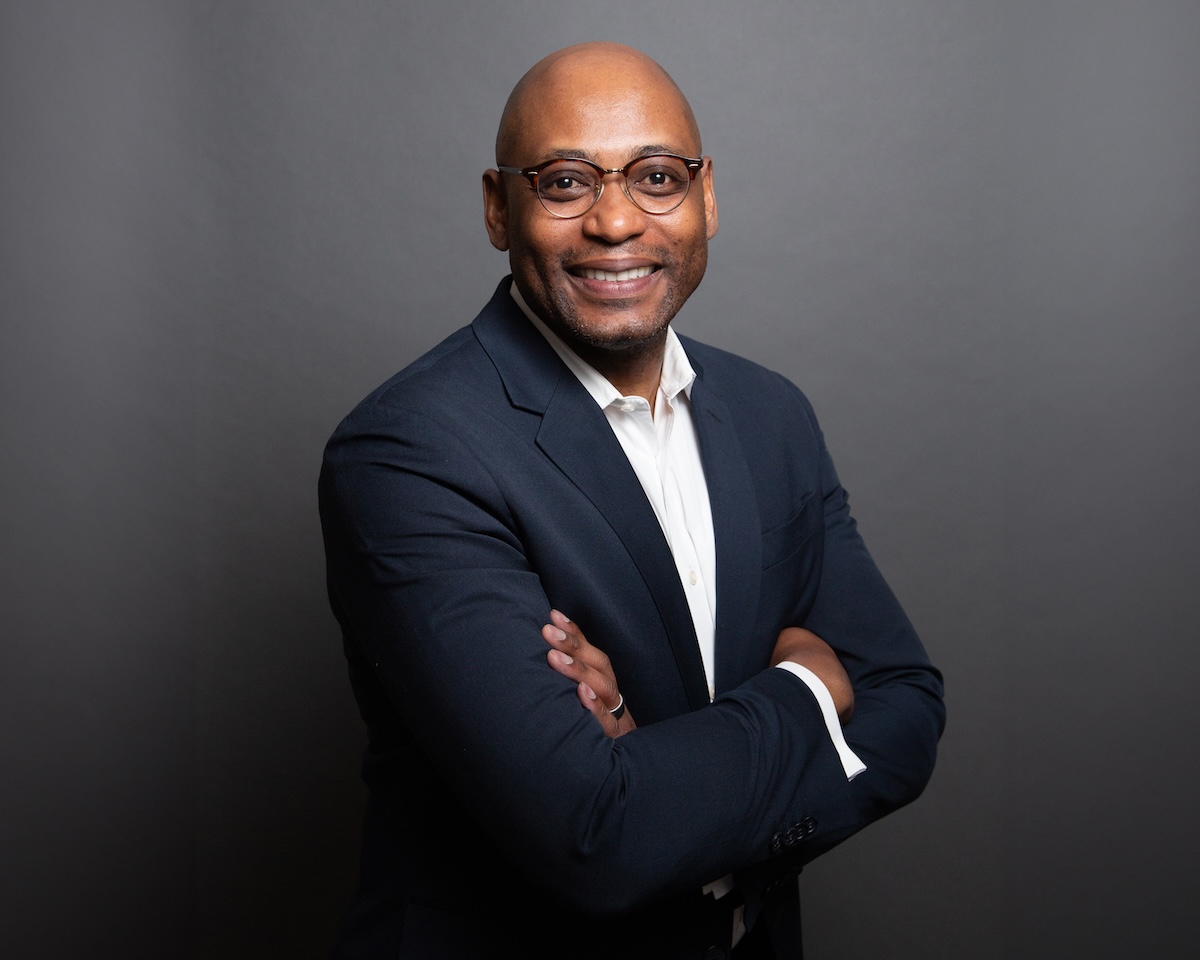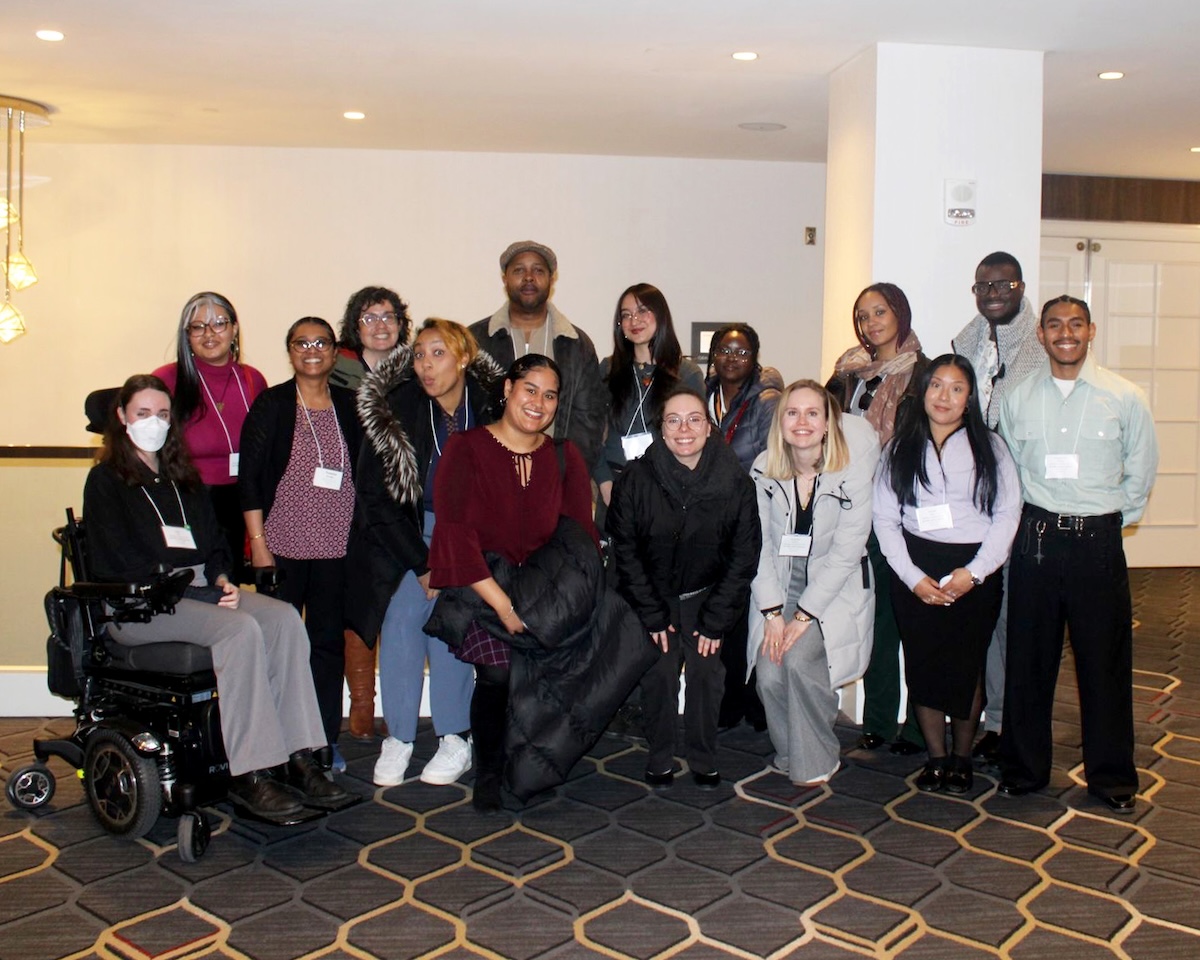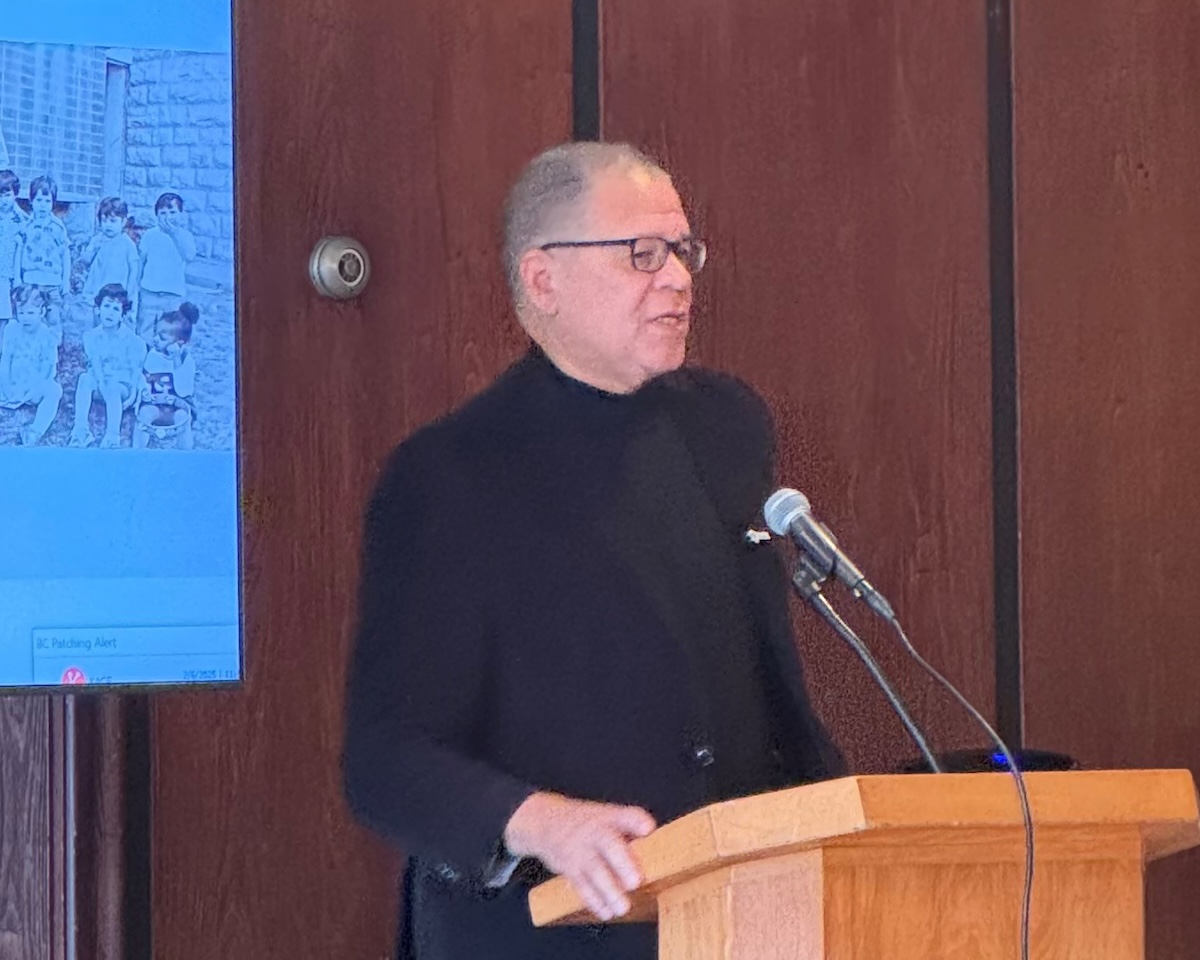When Patrice Rankine ’92 entered Brooklyn College, he leaped at the chance to study an ancient language. Ancient Greek was a passageway to a time he considered “the root of it all.” As a Mellon Minority (now Mellon Mays) Undergraduate fellow, Rankine received a B.A. Ancient Greek (now part of a Classics B.A.) before earning his graduate and doctoral degrees from Yale. Today a professor at the University of Chicago, Rankine talks about the arc of his academic career, the loneliness of being a Black classicist, what the Black classics are, and how a career in the field is more practical than people might think.
Tell us a bit about your childhood.
I had a terrific—if somewhat sheltered—childhood. I grew up on East 38th Street between Avenues I and J. My parents were immigrants from Jamaica. We first lived in an apartment on Ocean Avenue. Then one Sunday after church, my parents showed us a house across from Amersfort Park between East 38th and East 39th off Avenue I. They told us that it would be our home. As a child, I played many baseball games and participated in countless foot races in that park. It’s about a mile from Brooklyn College.
How did you decide to study at Brooklyn College?
I was originally going to the School of Visual Arts (SVA). In high school, I was immersed in photography. It afforded me a certain proximity to my dad, who loved the craft. He left his own aspirations in the field when he departed from Jamaica, but he built a darkroom for me in our basement. Still, on some level, it didn’t feel practical for the son of immigrants to become a photographer instead of a doctor or lawyer or engineer. Unfortunately, I had already been admitted to SVA and was at a loss as to what to do next. Brooklyn College had rolling admission, so that summer I applied and enrolled that fall. The more aspirational reason I ended up at Brooklyn College is that it was highly regarded in my neighborhood. My aunt had taken some classes there, so there was something familiar and welcoming about it.
So, you made a sudden switch from art school to a liberal arts college. Did you know what you wanted to major in?
Once I decided on Brooklyn College and saw the language offerings, Ancient Greek was a no-brainer. Growing up in a religious household, I often heard our pastor reference the Greek New Testament. In our adolescent searches for meaning, we all still turn to the familiar, even when it extends a bit out of our comfort zone. I took Ancient Greek from my first semester. After taking Core 1, I ended up being a peer tutor for the class, which gave me an early taste of what it would be like to be a teacher.
Then you took Professor Gail T. Smith’s Core 1 class, Classical Origins of Western Civilization.
The arc of my professional career started with the late Professor Smith and Dean Kathleen Gover. Most of the professors in the Classics Department mentored me in some way or another. The late Howard Wolman, who taught my beginning Greek classes, had students over to his house frequently, and he invited us to the theater and other cultural events in the city. [Professor Emerita] Dee Clayman let me work on a major classics bibliography that she was digitizing at the time, the L’Année philologique. And [Professor Emeritus] Edward Harris was an eminent scholar of Greek law who was my mentor for an honor’s program thesis.
At the time I did not realize how unique it was to have not only an African-American classicist in Professor Smith as a teacher, but also Mervyn Keizer, who was also Afro-descended, also on the faculty, and someone I greatly admired. By the time I entered graduate school at Yale, I began to feel isolated—I was the only Black person in the classics program.
How did you overcome that isolation?
The late Greek historian Donald Kagan, also a Brooklyn College alumnus and director of graduate studies at Yale, helped by showing me what a classicist could be.
I also addressed the isolation by reading the works of other African Americans who drew from the classics. I had always wanted to read Ralph Ellison’s Invisible Man in college. I finally delved into the novel early in my career, and it blew my mind. My first book, Ulysses in Black, explores how Ellison and other authors, like Toni Morrison, drew from classical myth and literature. Ulysses in Black set me on a path to seeing the classics as ubiquitous tools for understanding our world, even if these tools are hidden in plain sight.
Still, the classics carry a reputation of being an esoteric subject. How do you make them accessible and relevant to your students?
For many students, the classics are already relevant. A meme was going around recently on TikTok about how often men think about the Roman Empire. This was so much a part of popular culture that the actor Jason Momoa had a skit on Saturday Night Live drawing from the meme. The issue is that the classics do not feel relevant to certain students. Or, perhaps “we”— the majority culture, even some teachers—do not believe those students belong or will be drawn to the subject matter. Figures like Toni Morrison dispel the myth.
You are a Black classicist, but what is Black classicism?
“Black classicism” is a term that the scholar Michele Valerie Ronnick coined to characterize the indelible role that education in Greek and Latin has always played in the lives of Black Americans from the very foundation of the country. African Americans studying the European classics is odd only in our contemporary context, where few people, even from the broader population, know the history, literature, or mythology of Greece and Rome. In the time of George Washington and Thomas Jefferson, the African poet Phillis Wheatley learned Latin and subtly instructed her enslavers in individual and collective freedom. Black abolitionist Frederick Douglass read Greek and Roman rhetoric in translation, and they certainly influenced his legendary oratorical style. By the mid-to 20th century, not all readers would have expected African-American authors like Richard Wright or Ralph Ellison to be steeped in the classics. Still, these authors left many traces of their classical learning—whether self-taught or otherwise—on the page. I believe Professor Ronnick was drawing on wider studies in the field, like Meyer Reinhold’s Classica Americana, to name a subset (“black classicism”) of the longstanding affinity for the classics within the United States.
Afro-futurism has come into its own as a field of study and as a literary genre. Do you see any connections between Afro-futurism and the classics?
There is absolutely a connection. I’m slowly making my way through John Szwed’s biography of Sun Ra (Herman Poole Blount), the jazz musician widely regarded as one of the founders of Afro-futurism. I have been struck by Sun Ra’s hearkening to the past, to ancient Egypt, in his futurism. Through the connection to Egypt and their Nubian predecessors, Sun Ra conceived of a once-and-soon-to-be great people. He moved Blackness from the real identity around him to a crafted one that drew from the past and was somehow out of time. I am extremely interested in this connection and the deeper and broader question of why people study the past in the first place. I am not a historian, but the past is also an imagined space where we rewrite the present.
We’ve seen classics scholars like you go on to work in fields outside of academia. What are some of the other practical applications of the field?
Classicists are everywhere. I spent over a decade and a half as a higher education administrator, and some of the most successful administrators I have met have been classicists. The field comprises many disciplines, including the study of languages, material culture in art and archaeology, and increasingly, scientific study that includes understanding of DNA and ancient DNA. As such, it teaches complexity, problem-solving, and focus, to name only a few skills. Classicists make good lawyers, doctors, and most importantly, good citizens. I wish more of our elected officials had a foundation in civics and the study of democracy.



